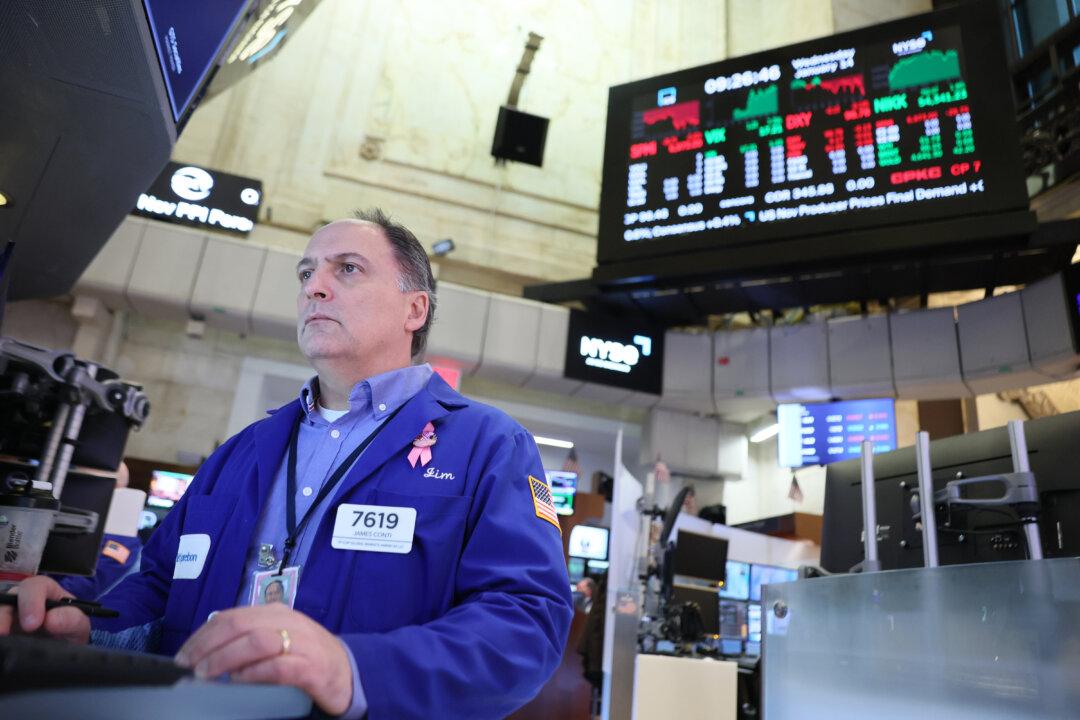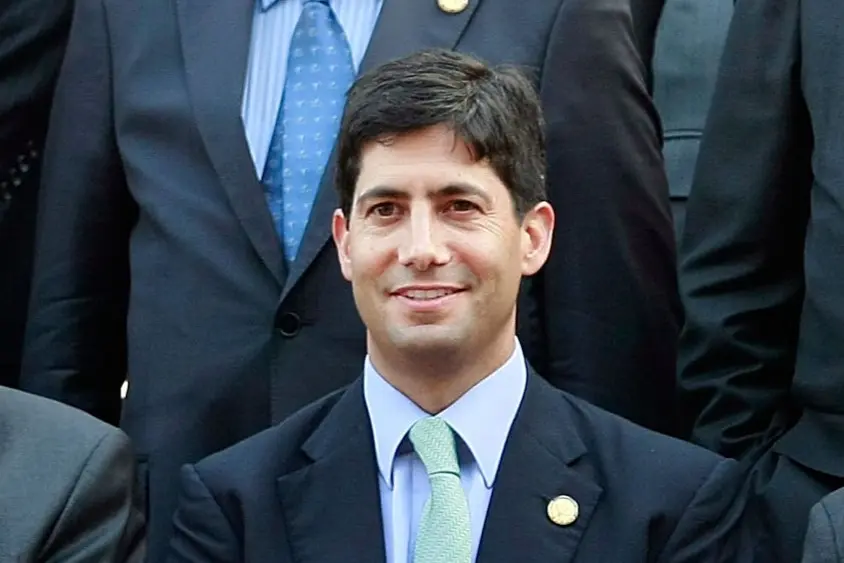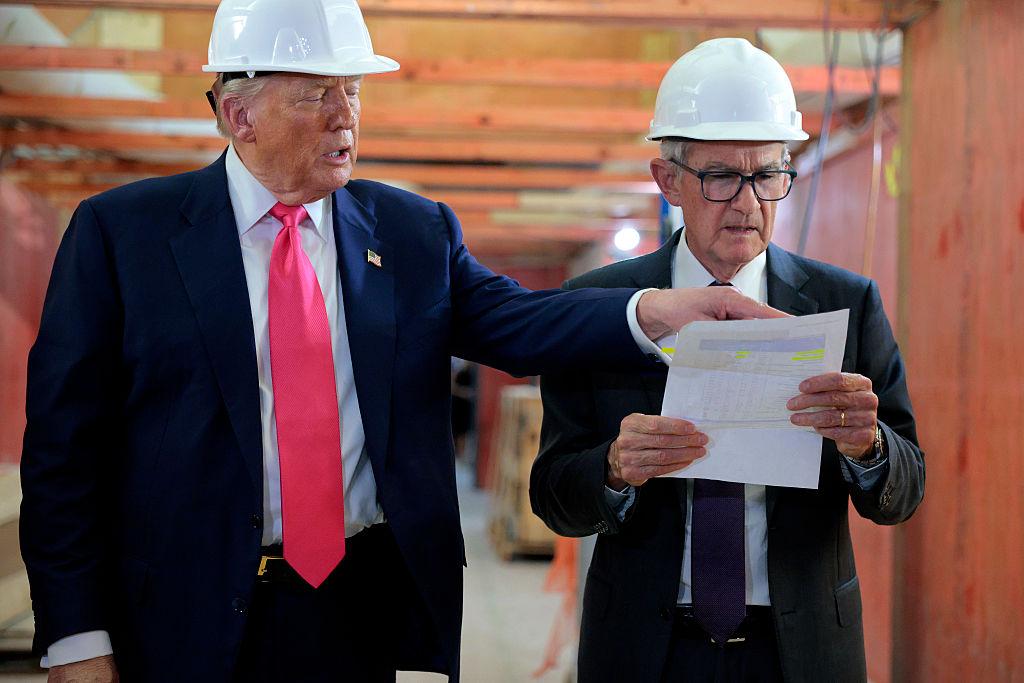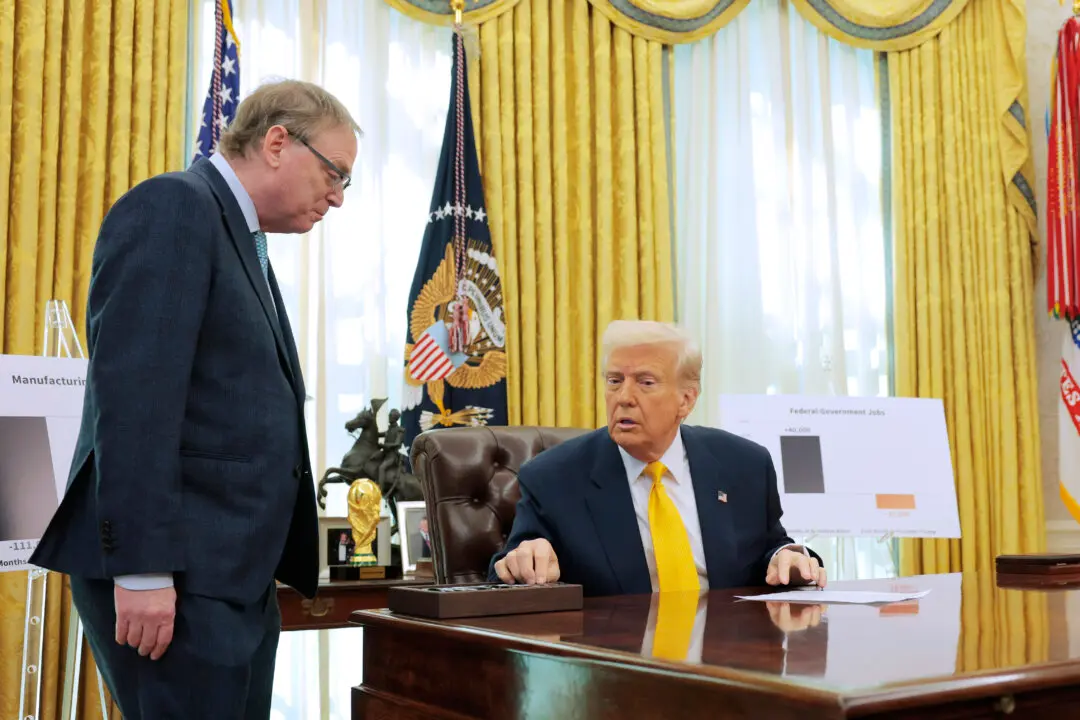Commentary
With the latest inflation news coming in fairly tame last week, Treasury yields declined from 4.8 percent last Monday to 4.6 percent on Friday, which cleared the decks for the S&P 500 to gain nearly 3 percent last week, while turning investor focus on to the favorable earnings and guidance coming in from major banks. As a result, the long-awaited January Effect has finally begun. There is also a lot of excitement due to the “shock and awe” that Trump 2.0 is beginning to unleash. Since the U.S. dollar remains amazingly strong, the initial concerns that the Trump tariffs will be inflationary are ebbing, since a strong dollar lowers import costs.





